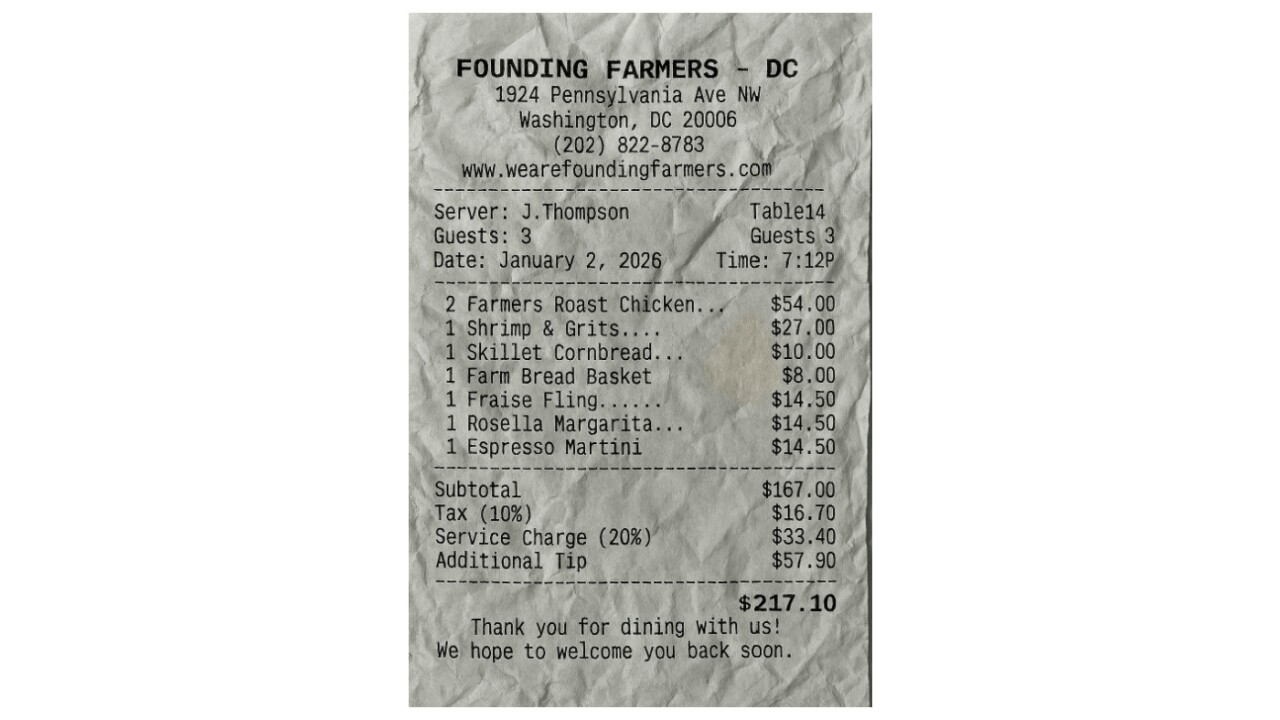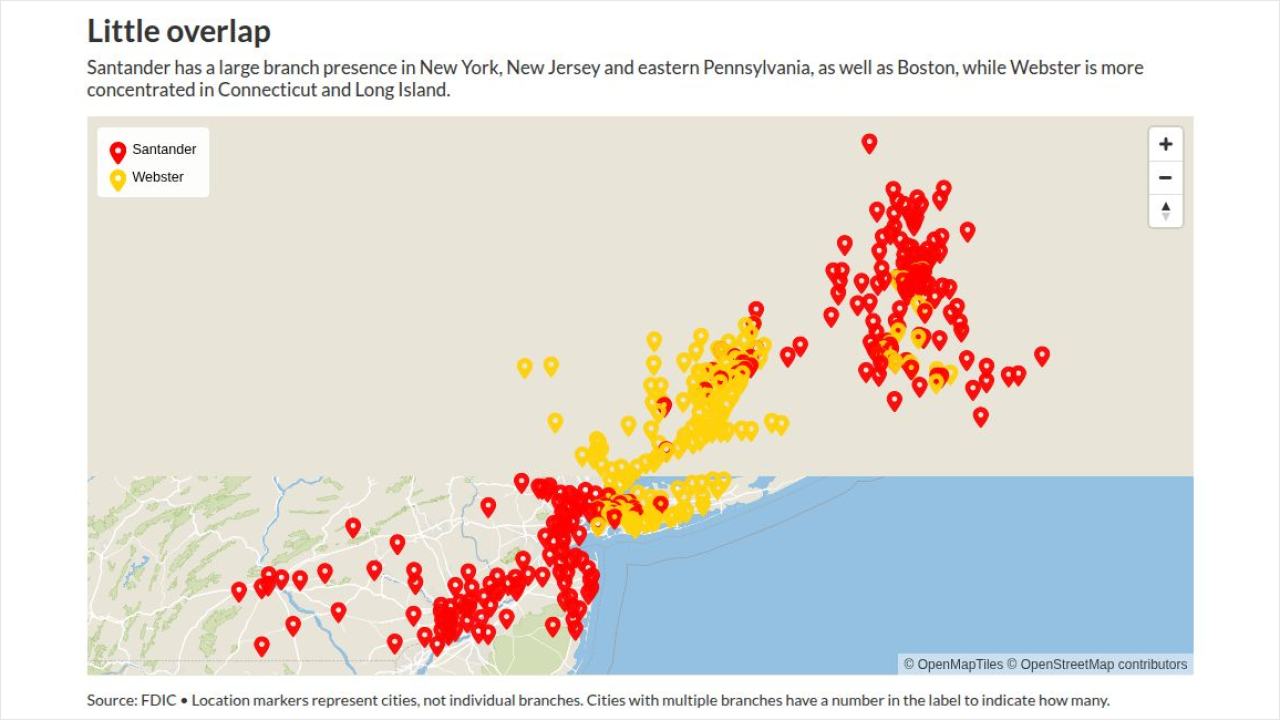-
Citizens Republic Bancorp Inc. in Flint. Mich., would need to increase its size by roughly 25% to offset any costs associated with crossing the $10 billion-asset threshold, according to Chief Executive Cathleen Nash.
March 1 -
Citizens Republic Bancorp Inc.'s total loan portfolio shrunk $500 million last year, but it entered 2012 with big strides in commercial and industrial lending.
January 27 -
The Minneapolis bank has agreed to buy a trust business from Union Bank. That is its third deal in less than a week.
February 1
Boca Raton, Fla. — Forget the four-letter dirty words. It's the 10-letter one — regulation — that will really offend bankers.
U.S. Bancorp chief executive Richard Davis and Citizens Republic Bancorp Inc. chief executive Cathleen Nash took a run at one of their industry's least-favorite topics on Tuesday, urging retail bankers to be proactive in dealing with new regulations.
"You can whine and moan endlessly about all the new enforcement and all the new rules," Davis said during a speech at a retail financial services conference on Tuesday.
"Or as a leader you can be inspired and say, 'Look, it is what it is. I'm going to do my fighting and battles behind the scenes with the people that can affect things, but as it relates to me, my company and employees we're going to figure out the rules and do those rules.'"
Positive thinking aside, Davis could not resist making a few cracks about the politics of the most recent regulations affecting banks.
"Susan Collins from Maine, a legislator, can inform the Volcker rule. OMG are you kidding me?" he joked, referring to the part of the Dodd-Frank Act that is expected to ban proprietary trading at banks and limit investments in private-equity and hedge funds.
"In times past that [Volcker rule] would not have necessarily gone from straight idea to creation. And then regulators are bound to follow it," he said.
In a subsequent speech, Nash also promoted a head-on approach to regulations, saying that Citizens Republic has focused on establishing a positive rapport with agency watchdogs.
"We worked very, very closely with our regulators," she said, urging audience members to do the same.
She also asked audience members how many had considered using model checking account disclosures
"If you're a retail banker and you want to be forward-looking and think about what's happening at your company, why wouldn't you have already mocked up your checking account disclosures in a way that you think's going to responsive to regulation coming at you?" Nash asked. "Why wouldn't you think about your checking account disclosures in a way that says, '
But Davis and Nash did not ignore the monetary or reputational costs banks face as a result of the Dodd-Frank financial reform law and other regulations.
"The cost of compliance is so significant that, as an example, we will underwrite [mortgages] at levels substantially higher than we were going to," Davis said.
He pointed to 64 steps the bank is required to take if a mortgage loan is modified, because of foreclosure and other concerns.
If one loan goes bad in a portfolio of 25 loans, "those 64 steps could erase the margins on those other 24 as-performing loans," Davis said. "So what we're going to do is underwrite higher, so the risk of having one [bad loan] is one per 100, not one per 25."
He added that one consequence of increasing U.S. Bank's underwriting standards is that "this leaves this lesser-banked group again at the risk" of
Nash also raised the topic of the fallout banks have faced around their efforts to raise or add new fees for customers. Last year, Bank of America Corp. notoriously was forced to retreat from its plan to start charging debit card fees, in an effort to make up for revenue lost from new regulations.
"Now some banks have tried to be maybe more flexible to change, and it ended up not turning out so well for them," Nash said.
Banks "
Some banks are losing money on their checking accounts these days, but Nash says that Citizens Republic is still making a profit on its accounts.
"We still have a free checking account…. We actually believe it's a pretty good product because even with the FDIC overdraft guidance, which we implemented last year in July, our individual checking accounts still make us about $227 a year in revenue. They were making us a little more [before recent regulations] but they are still quite profitable," she said.
The annual Best Practices in Retail Financial Services Symposium was sponsored by American Banker and its publisher, SourceMedia Inc.





